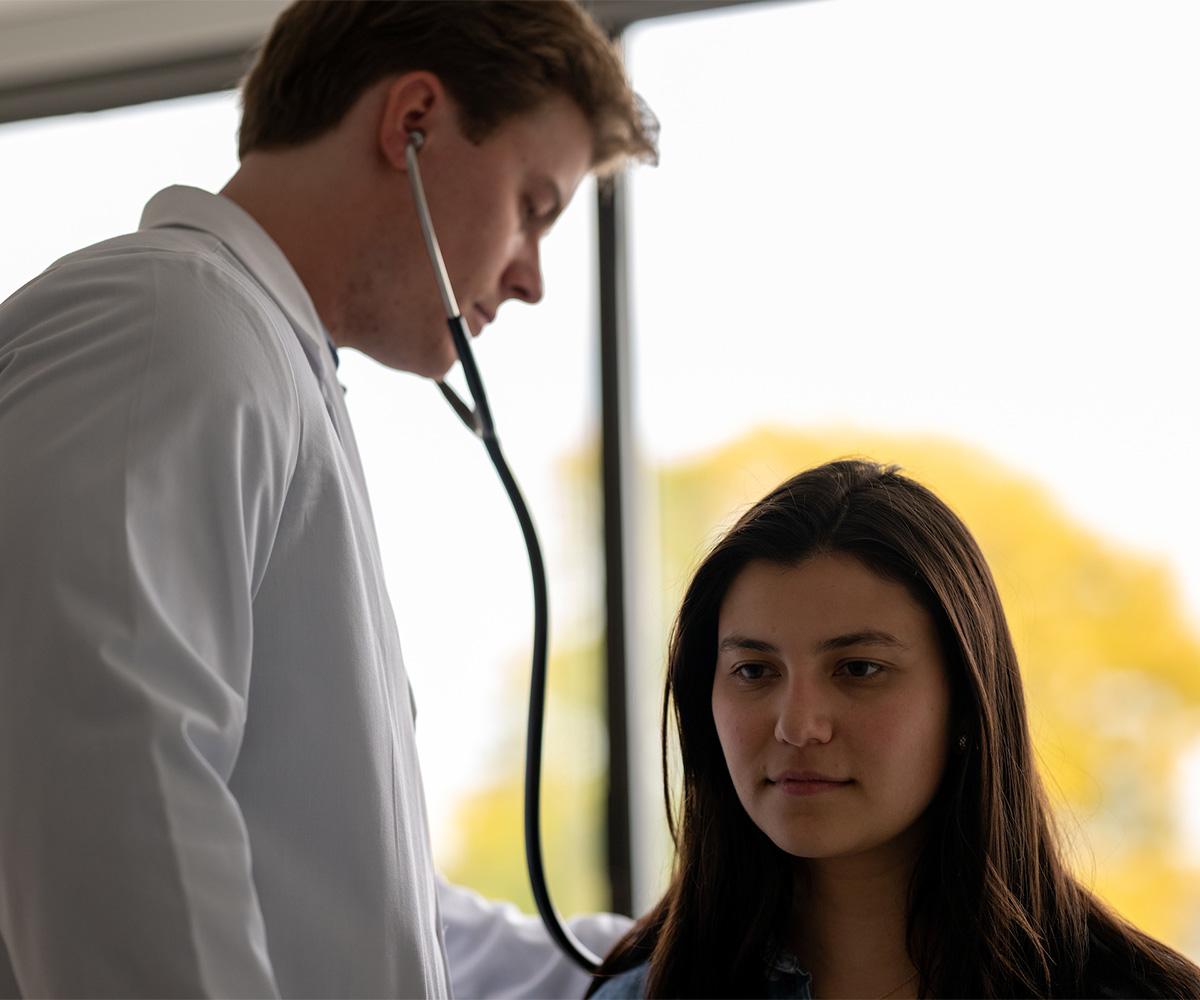Taking care of your physical health includes seeking medical care, not just for illness, injury and emergencies, but also for preventative care and routine check-ups.
Since the U.S. does not have universal health care, you will also need to obtain health insurance to help cover your medical costs. Please make sure that you carry your insurance card with you.
Medical Care Types and Definitions
When seeking out medical care, there are many types of physicians, clinics and service offerings. Here are some general medical care terms and their meanings:
- Primary Care – Health care services for routine, preventative, and wellness needs and/or treatment for common illnesses.
- Urgent Care – Urgent medical conditions are not considered emergencies but still require care within 24 hours.
- Emergency Care – If you find yourself in a life-threatening situation and you cannot wait to see a doctor, you should go to a hospital's emergency room.
Paying for Medical Needs
The U.S. does not have universal health care. If you are unable to pay cash to cover your medical costs (i.e., surgery for an appendicitis can cost more than $50,000), you need to carry health insurance. Please note that Ohio University requires all students to carry health insurance.
Health Insurance Options
-
OHIO's Student Health Insurance
The Student Health Insurance Policy is provided by United Healthcare Student Resources, and offers Domestic, International, and Regional Campus students, as well as their dependents, a comprehensive commercial health insurance policy.
-
Health Insurance Options and Requirements
Learn more about how to use health insurance in the U.S., review health insurance options, and learn about J-1 Scholar Health Insurance Requirements.
